Carl Rogers was an American Psychologist (1902–1987) who founded the humanistic movement called person‐centered therapy Derived from personal experience, this non‐directive theoreticalAustralian/Harvard Citation Rogers, Carl R & Kirschenbaum, Howard & Henderson, Valerie Land 19, The Carl Rogers reader / edited by Howard Kirschenbaum and Valerie Land Henderson Houghton Mifflin Boston Wikipedia Citation Please see Wikipedia's template documentation for further citation fields that may be requiredCarl Rogers' PersonCentred Approach Psychology bibliographies in Harvard
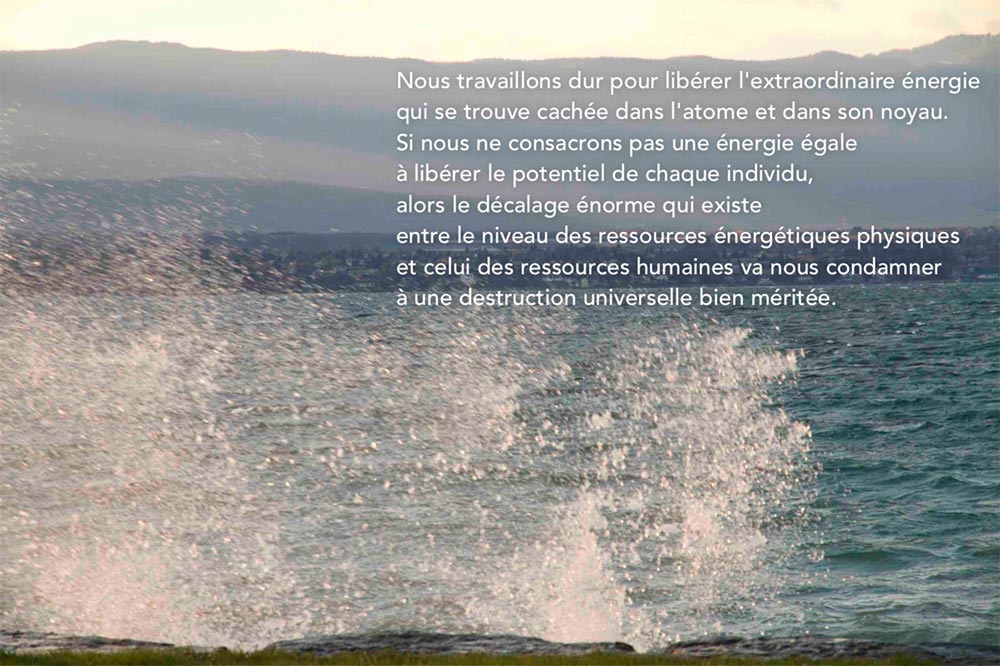
Citations De Carl R Rogers
Carl rogers citation
Carl rogers citation-ROGERS, CARL (1902–1987) American psychologist and therapist, Carl R Rogers relied on personal experience as well as scientific inquiry to guide his methodology, much of which foreshadowed latetwentiethcentury practice of psychotherapyCarl Rogers On Becoming a Person, Constable, 1961 23–24 The kind of caring that the clientcentered therapist desires to achieve is a gullible caring, in which clients are accepted as they say they are, not with a lurking suspicion in the therapist's mind that they may, in fact, be otherwise



Jazmin Cousins Psychopraticienne Citation Du Soir Bonsoir Mais C Est Qui Carl Rogers C Est Un Psychologue Americain Humaniste Il Est Le Fondateur De L Approche Centree Sur La Personne
Carl Rogers' work and theories made him one of the preeminent psychologists of the thcentury He is best known for creating what is known as clientcentered therapy, a nondirective approach that places the client in control of the therapeutic processAPA Citation (style guide) Rogers, C R 1 (1995) On becoming a person a therapist's view of psychotherapy Boston Houghton Mifflin Chicago / Turabian Author Date Citation (style guide) Rogers, Carl R 1995 On Becoming a Person A Therapist's View of Psychotherapy Boston Houghton MifflinCitations de Carl Rogers (16) Filtrer par titre Tous les titres Non rattachées à un livre (5) La relation d'aide et la psychothérapie (2) Le développement de la personne (2) Les groupes de rencontre (1) Les groupes de rencontres Animation et co
Carl Rogers is a theorist who held unique views on human nature His theories have been applied to the educational system and psychotherapy techniques These theories areCarl Rogers, in full Carl Ransom Rogers, (born January 8, 1902, Oak Park, Illinois, US—died February 4, 1987, La Jolla, California), American psychologist who originated the nondirective, or clientcentred, approach to psychotherapy, emphasizing a persontoperson relationship between the therapist and the client (formerly known as the patient), who determines the course, speed,Jun 01, 1975 · Carl R Rogers, PhD The Counseling Psychologist 1975 5 2, 210 Download Citation If you have the appropriate software installed, you can download article citation data to the citation manager of your choice Simply select your manager software from the list below and click on download Format Tips on citation download
The Current Status of Carl Rogers and the PersonCentered Approach @article{Kirschenbaum05TheCS, title={The Current Status of Carl Rogers and the PersonCentered Approach}, author={Howard Kirschenbaum and A Jourdan}, journal={Psychotherapy}, year={05}, volume={42}, pages={3751} } Howard Kirschenbaum, A Jourdan;Nov 10, 17 · Create your citations, reference lists and bibliographies automatically using the APA, MLA, Chicago, or Harvard referencing styles It's fast and free!Carl Rogers() was one of the most influential psychologists in American history He received many honors, including the first Distinguished Professsional Contributor Award and the Distinguished Scientific Contribution Award of the American Psychological Association
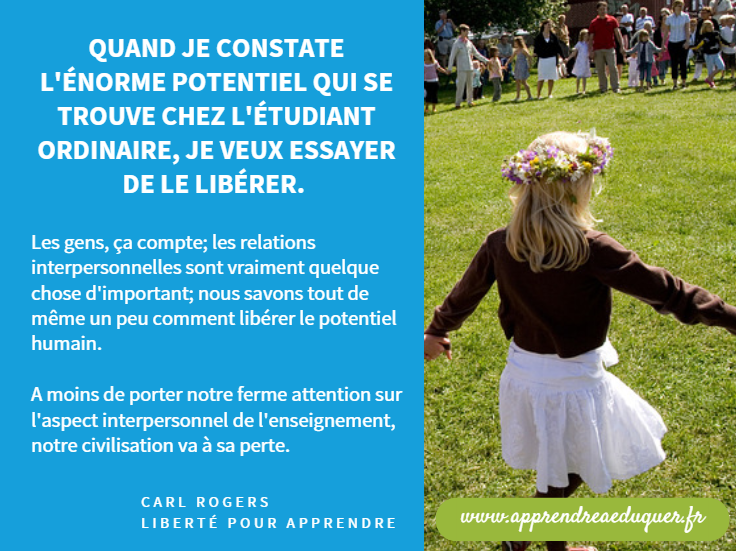


3 Qualites Fondamentales Pour Faciliter L Apprentissage


Citation De Carl Rogers Il Existe Un Curieux Paradoxe Epanews
Carl R Rogers, Ph D Centre for Studies of the Person La Jolla, California For a long time I thought that I would like to write a paper on "The Facilitation of Encounter Groups" But the more I thought of the differing styles of the many leaders I have known, and of the coleaders with whom I have worked, the more I despairedSep 16, 17 · These are the sources and citations used to research Carl Rogers This bibliography was generated on Cite This For Me on Thursday, September 14, 17Read the best motivational Carl R Rogers quotes at The Cite Site Your place for the most inspirational and funny quotes by Carl R Rogers and many others



I Believe That The Testing Of The S Carl Rogers About Learning


Carl Rogers Learning And Educational Practice Critical Considerations And Applications In Sports Coaching Sport Education And Society Vol 19 No 5
Their combined citations are counted only for the first article Merged citations The Carl Rogers reader selections from the lifetime work of Americaas preeminent psychologist, author of On Becoming a Person and A Way of Being H Kirschenbaum 847 * 19 Liberdade para aprenderApr 10, 16 · by Carl Rogers In the autumn of 1964, I was invited to be a speaker in a lecture series at the California Institute of Technology in Pasadena, one of the leading scientific institutions in the world Most of the speakers were from the physical sciences The audience attracted by the series was known to be a highly educated and sophisticated groupCarl Rogers () was a humanistic psychologist who agreed with the main assumptions of Abraham Maslow However, Rogers (1959) added that for a person to "grow", they need an environment that provides them with genuineness (openness and selfdisclosure), acceptance (being seen with unconditional positive regard), and empathy (being listened to and understood)



Apres Avoir Lu Cette Citation Pensez Vous Etre Forme Thami Net Lfa2 Le Seul Individu Forme C Est Celui Qui A Appri Motivation Movie Posters Business



Carl Rogers Quotes Brainyquote
Psychologists and Rogers, Carl R (Carl Ransom), Genres photographs and portraits Notes Donated by Carl Rogers Citation Identification of Item, Carl R Rogers Collection HPA Mss 32 Department of Special Research Collections, UC Santa Barbara Library, University of California, Santa Barbara Physical DescriptionCarl Rogers et la Relation d'Aide 1 Il ne paraît guère possible quand il est fait référence à la « juste distance » de ne pas évoquer la « relation d'aide », cadre dans lequel cette question s'est posée et se pose toujours même si à l'heure actuelle l'accompagnement d'une personne remplace la notion de relation d'aideJul 01, 19 · Carl Rogers Journal of Humanistic Psychology 19 22 3, Download Citation If you have the appropriate software installed, you can download article citation data to the citation manager of your choice Simply select your manager software from the list below and click on download Format Tips on citation download
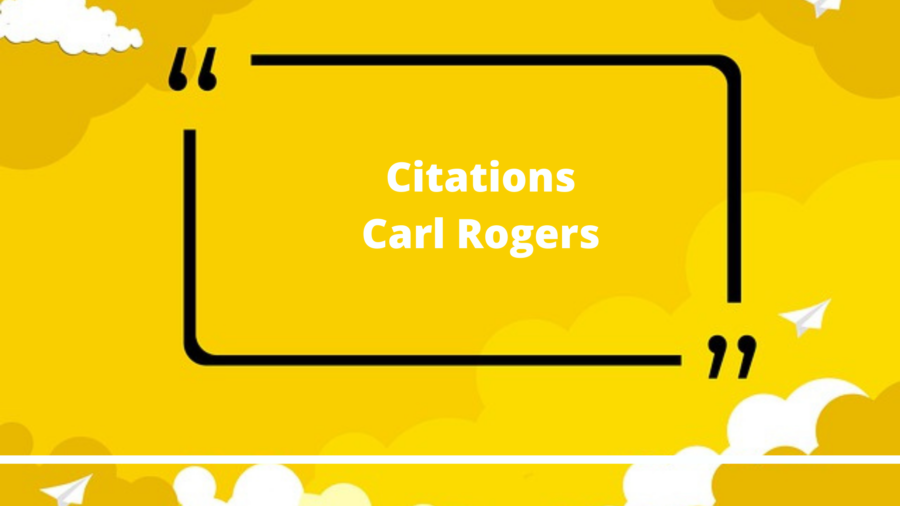


Formation Ecoute Active Apprendre A Mieux Communiquer



Pourquoi Une Psychotherapie
Article citations More>> Rogers, CR (1961) On Becoming a Person A Therapist's View of Psychotherapy Houghton Mifflin, Boston has been cited by the following article TITLE The Benefits of PersonCentred Clinical Supervision in Municipal Healthcare—Employees' Experience AUTHORS Christianne E Nordbøe, Ingela EnmarkerCarl R Rogers (1947) Address of the retiring President of the American Psychological Association the September 1947 Annual Meeting First published in American Psychologist, 2, 3568 Posted March 00 In various fields of science rapid strides have been made when direct observation of significant processes has become possible In medicine"The good life is a process, not a state of" Carl Rogers quotes from BrainyQuotecom "The good life is a process, not a state of being It is a direction not a destination" Carl Rogers Citation Related Authors Wayne Dyer, Abraham Maslow, B F Skinner, Erich Fromm, Phil McGraw, Elisabeth KublerRoss, Erik Erikson, Joyce Brothers



Carl Rogers The Very Essence Of The Creative Is Its



The Social Work Podcast Person Centered Therapy
The clinical method of motivational interviewing (MI) evolved from the personcentered approach of Carl Rogers, maintaining his pioneering commitment to the scientific study of therapeutic processes and outcomes The development of MI pertains to all 3 of the 125th anniversary themes explored in thiCarl Ransom Rogers (January 8, 1902 – February 4, 1987) was an American psychologist and among the founders of the humanistic approach (and clientcentered approach) in psychologyRogers is widely considered to be one of the founding fathers of psychotherapy research and was honored for his pioneering research with the Award for Distinguished ScientificMay , 19 · Carl Rogers () is considered one of the most influential psychologists of the th century He is best known for developing the psychotherapy method called clientcentered therapy and as one of the founders of humanistic psychology


Six Necessary And Sufficient Conditions Pdf Assignment Quotes



Citations De Carl R Rogers
Mar 05, · Clientcentered therapy by Rogers, Carl R, 1951, Houghton Mifflin edition, in EnglishCarl Rogers's emphasis on using his "own direct experience" was a major influence in his theory building and in his psychotherapy The influence of this position on Rogers"The curious paradox is that when I accept myself" Carl Rogers quotes from BrainyQuotecom "The curious paradox is that when I accept myself just as I am, then I can change" Carl Rogers Cite this Page Citation Related Authors Wayne Dyer, Abraham Maslow, B F Skinner, Erich Fromm, Phil McGraw, Elisabeth KublerRoss, Erik Erikson



Carl Rogers Quotes Education Quotes Inspirational Education Quotes For Teachers Bill Gates Quotes



Une Citation Inspirante De Carl Rogers Sur Le Changement Severine Perron Citations Inspirantes Citation Paradoxe
Unconditional Positive Regard (UPR) Rogers first wrote about the core conditions in 1957 in his paper "The Necessary and Sufficient Conditions of Therapeutic Personality Change" In the 1957 paper, Rogers identified 6 conditions that he viewed asCarl Rogers() was one of the most influential psychologists in American history He received many honors, including the first Distinguished Professsional Contributor Award and the Distinguished Scientific Contribution Award of the American Psychological AssociationThe late Carl Rogers, founder of the humanistic psychology movement, revolutionized psychotherapy with his concept of "clientcentered therapy" His influence has spanned decades, but that influence has become so much a part of mainstream psychology that the ingenious nature of his work has almost been forgotten



Citations De Carl R Rogers
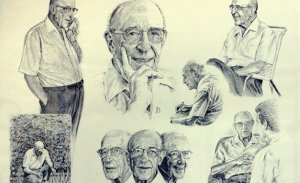


Carl Rogers Humanist Psychology Exploring Your Mind
Carl Ransom Rogers, né le 8 janvier 1902 à Oak Park et mort le 4 février 1987 à La Jolla, est un psychologue humaniste américain Il a principalement œuvré dans les champs de la psychologie clinique, de la psychothérapie, de la relation d'aide, de la médiation et de l'éducationArticle citations More>> Rogers, C R (1961) On Becoming a Person A Therapist's View of Psychotherapy Boston, MA HoughtonMifflin has been cited by the following article TITLE Psychological Duty and Therapeutic Relationship The Point of View of Attended ClientsUnconditional positive regard, a concept developed by the humanistic psychologist Carl Rogers, is the basic acceptance and support of a person regardless of what the person says or does, especially in the context of clientcentred therapy Its founder, Carl Rogers, writes For me it expresses the primary theme of my whole professional life, as that theme has been clarified
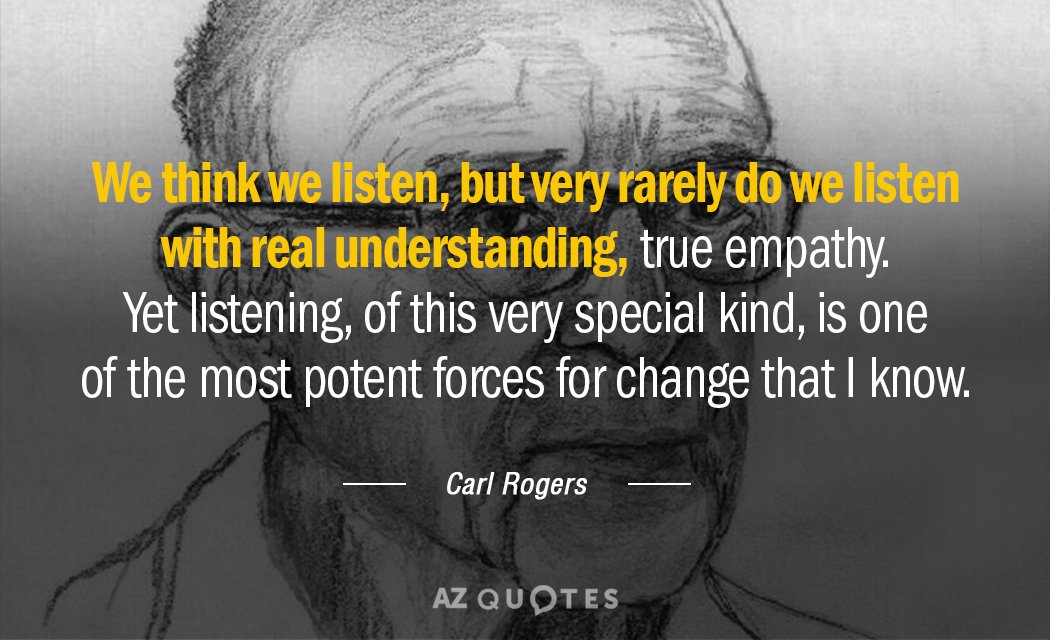


Top 25 Quotes By Carl Rogers Of 101 A Z Quotes


Culture Of Empathy Builder Carl Rogers Quotes
By Carl R Rogers, PhD Resident Fellow, Centre for Studies of the Person, La Jolla, California I think this might be the citation trail (FJC) Rogers, Carl R "The Foundations of the PersonCentered Approach" Education 100, no 2 (1979) Also published in Rogers, Carl RCarl Rogers () a psychologist developed the personcentred approach theory mainly in relation to the therapist and the client and initially named it the clientcentred approach Rogers later referred to this theory as personcentred rather than patientcentred in order not to reduce the individual's autonomy and consequently lend theCarl Rogers is truly awakened when it comes to understanding the whole person He is a pioneer in the field of mental well being and his work has been pushed to the side in exchange for others methods designed as a quick fix and quick turnover of getting people off waiting lists for therapeutic services



Pdf Rediscovering Rogers S Self Theory And Personality



Impression Photo Citation Positive De Carl Rodgers Le Curieux Paradoxe Est Que Quand Je M Accepte Comme Je Suis Je Peux Les Changer Par Freshsprings19 Redbubble
Carl Ransom Rogers, né le 8 janvier 1902 à Oak Park et mort le 4 février 1987 à La Jolla , est un psychologue humaniste américain Il a principalement œuvré dans les champs de la psychologie clinique, de la psychothérapie, de la relation d'aide , de la médiation et de l'éducation Sa méthode met l'accent sur la qualité de la relation entre le thérapeute et le patientMar 01, 12 · Carl Rogers was Professor of Psychology and Psychiatry at the University of Wisconsin and Head of the Psychotherapy Research Section of the Psychiatric Institute He was active in the practice of psychotherapy for over thirty years, and the originator of what is called 'clientcentered' therapy Export Citation BiBTeX EndNote RefManCarl R Rogers "I'm not perfect but I'm enough" Brian Tracy "The greatest gift that you can give to others is the gift of unconditional love and acceptance" Carl R Rogers "In my early professional years I was asking the question How can I treat, cure, or change this person?



Carl Rogers Citation Nouvelles Citations Citations Inspirantes Citation



Fri Skool School Courses Training Coaching
Catalogue Persistent Identifier https//nlagovau/nlacatvn APA Citation Rogers, Carl R (1961) On becoming a person a theraphist's view of psychotherapy Boston Houghton Mifflin MLA Citation Rogers, Carl R On becoming a person a theraphist's view of psychotherapy Houghton Mifflin Boston 1961



Carl Rogers Citations 28 Citations Citations Celebres


Culture Of Empathy Builder Carl Rogers Quotes



Fri Skool Ecole Cours Perfectionnement Coaching



Citation De Carl Rogers Citation Citations Inspirantes Belles Citations


Culture Of Empathy Builder Carl Rogers Quotes



Citation Carl Ransom Rogers Comportement Les Seules Connaissances Qui Puissent Influencer Le Comportement D Un Individu
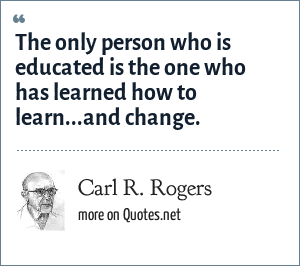


Carl R Rogers The Only Person Who Is Educated Is The One Who Has Learned How To Learn And Change



Citations Psychologue Angers
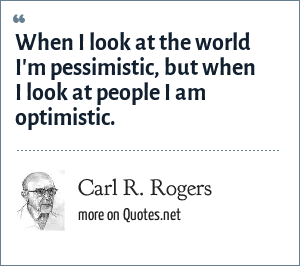


Carl R Rogers When I Look At The World I M Pessimistic But When I Look At People I Am Optimistic
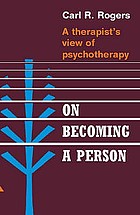


On Becoming A Person A Therapist S View Of Psychotherapy Book 04 Worldcat Org



Pdf Rediscovering Rogers S Self Theory And Personality



Epingle Sur Citation



Nursing Theories 1 Person Centred Care Nursing Times



Mundus Souvenirs The Curious Paradoxe Est Que Quand Je Citation Par Carl Rogers Grave Au Laser Sur Plaque En Bois Dimensions 3 X 25 4 Cm Amazon Fr Cuisine Maison



Rediscovering Rogers S Self Theory And Personality Semantic Scholar



A Way Of Being By Carl R Rogers



Carl Rogers The Father Of Person Focused Counseling The Only Talk Therapy That Works Psychotherapy Quote Therapy Quotes Counseling Quotes
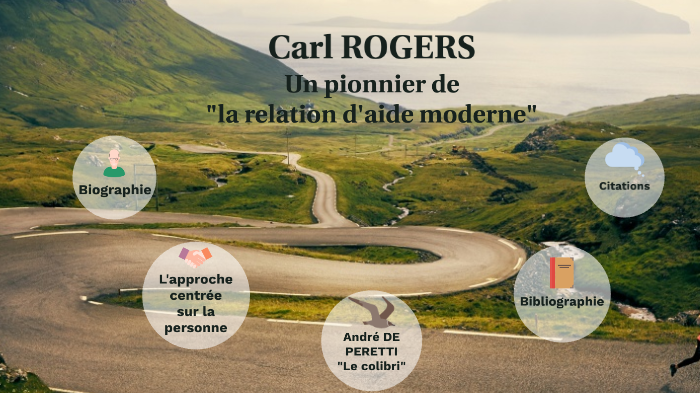


Carl Rogers By Kim Meneau



Life And Work Of Carl Rogers Kirschenbaum Howard Amazon Com Books


Culture Of Empathy Builder Carl Rogers Quotes



Quand Je M Accepte Tel Que Je Suis Alors Je Peux Changer Carl Rogers Citation Acceptation Psychoeducation


Culture Of Empathy Builder Carl Rogers Quotes



Jazmin Cousins Psychopraticienne Citation Du Soir Bonsoir Mais C Est Qui Carl Rogers C Est Un Psychologue Americain Humaniste Il Est Le Fondateur De L Approche Centree Sur La Personne



On Becoming A Person A Therapist S View Of Psychotherapy Rogers Carl Kramer M D Peter D Amazon Com Books



Psy Personality 5 1 Analysis Of A Personality Rules



Pdf Carl Rogers In The Therapy Room A Listing Of Session Transcripts And A Survey Of Publications Referring To Rogers Sessions Carl Rogers Im Therapieraum Eine Auflistung Von Sitzungstranskripten Und Ein



Carl Rogers Biography Facts Britannica



Les Seules Connaissances Qui Puissent Influencer Le Comportement Carl Rogers



Citation Carl Ransom Rogers Comportement Les Seules Connaissances Qui Puissent Influencer Le Comportement D Un Individu



Citations Archives Bien Etre Bleu Indigo



Ep133 The Life And Work Of Carl Rogers We Are All Rogerian Now With Howard Kirschenbaum The Thoughtful Counselor



Pdf An Analysis Of How Carl Rogers Enacted Client Centered Conversation With Gloria
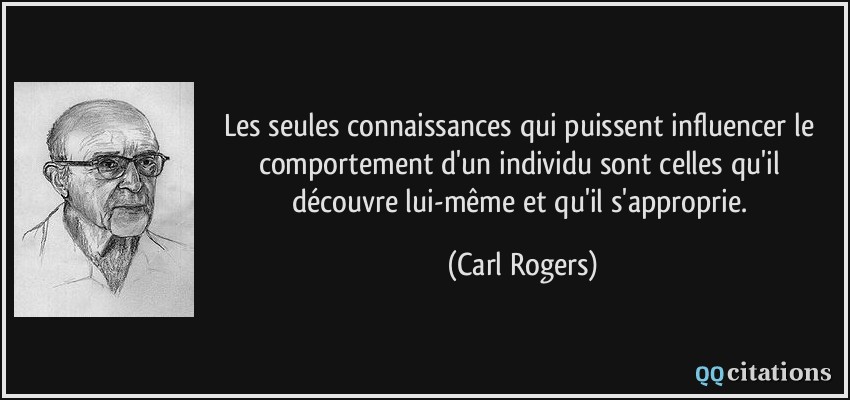


Les Seules Connaissances Qui Puissent Influencer Le Comportement D Un Individu Sont Celles Qu Il Decouvre Lui Meme Et
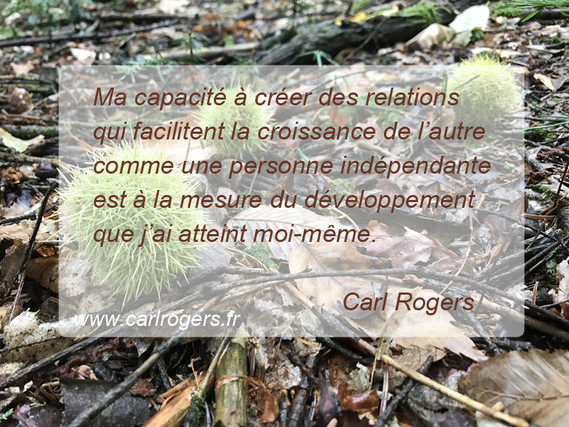


Citation Carl Rogers Citations Princedesvilles Photos Club Doctissimo



Epingle Sur Citations
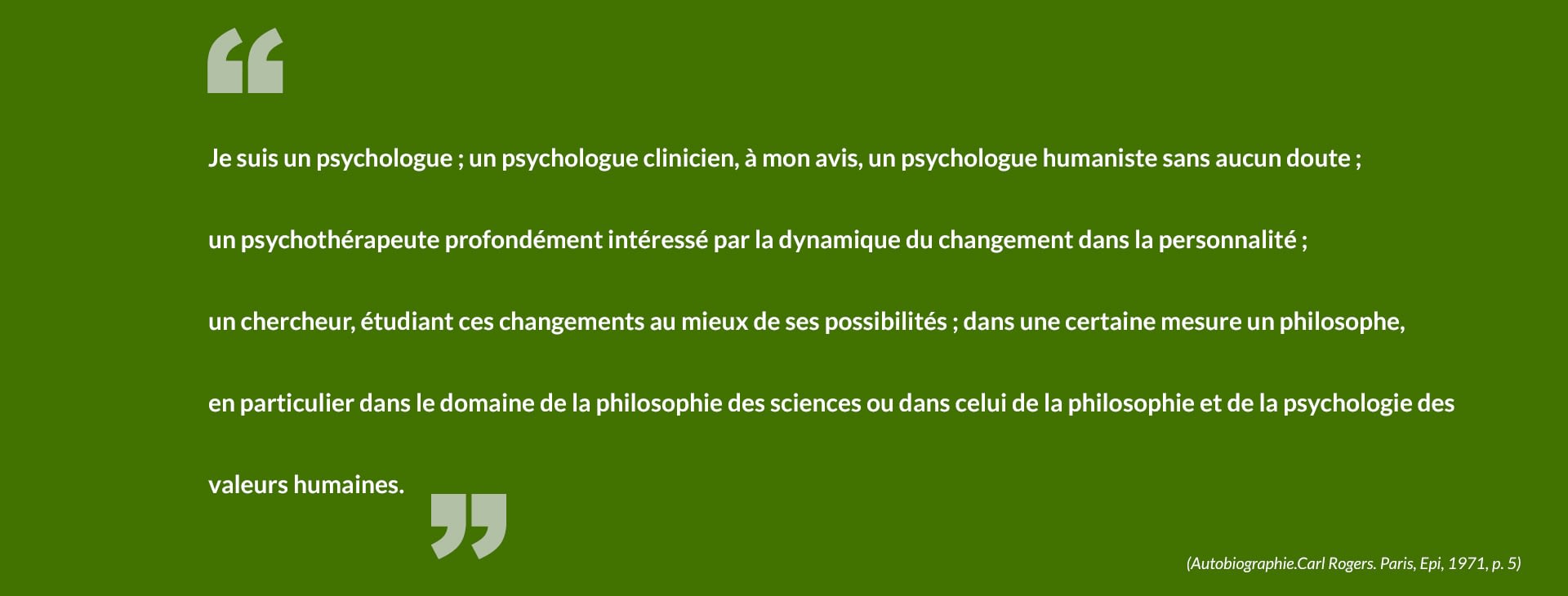


Citations Psychologue Angers



Carl Rogers Citations Preferees 28 Citations Citations Celebres
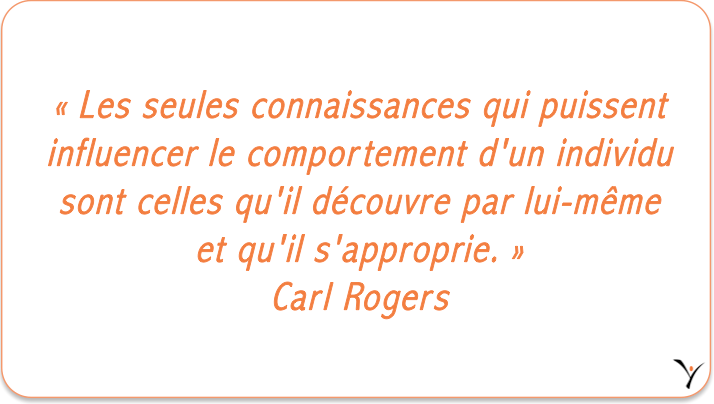


Citations Inspyr Executive Coaching Coach Certifie Hec Mbti Niveaux I Et Ii



Quand Je M Accepte Tel Que Je Suis Alors Je Peux Changer Carl Rogers Citation Florence Servan Schreiber



Joyeux Lundi Il Existe Un Curieux Paradoxe Quand Je M Accepte Tel Que Je Suis Alors Je Peux Changer Carl Rogers Paradoxe Acceptation Tellement Vrai
:max_bytes(150000):strip_icc()/CarlRogers-5c78400d46e0fb00011bf28e.jpg)


Carl Rogers Founder Of The Humanistic Approach To Psychology



Citations De Carl R Rogers


On Becoming A Person A Therapist S View Of Psychotherapy



Carl Rogers On Personal Power Inner Strength And Its Revolutionary Impact Psychology Self Help Rogers Carl R Amazon Com Books


A Biography Of One Of The Founding Fathers Of Psychology Carl Jung



Citations De Carl R Rogers



Citation Carl Ransom Rogers Connaissance L Enseignant Ne Doit Pas Etre Un Tube Sterile A Travers



Pdf The Current Status Of Carl Rogers And The Person Centered Approach Semantic Scholar



A Closer Look At Non Violent Communication Eve Le Blog
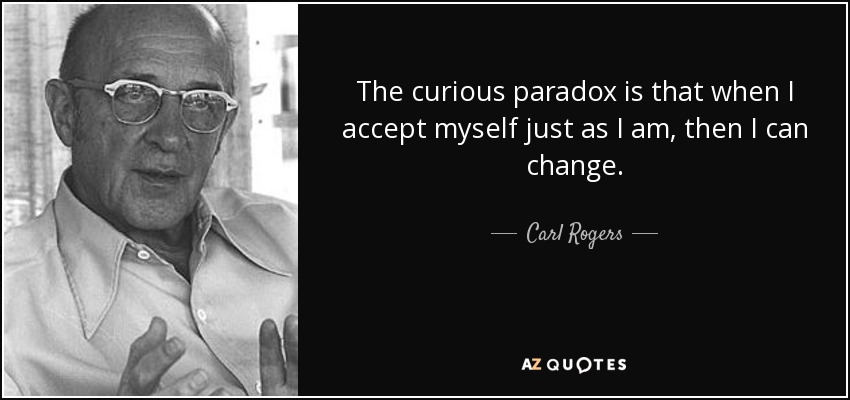


Top 25 Quotes By Carl Rogers Of 101 A Z Quotes



The Social Work Podcast Person Centered Therapy
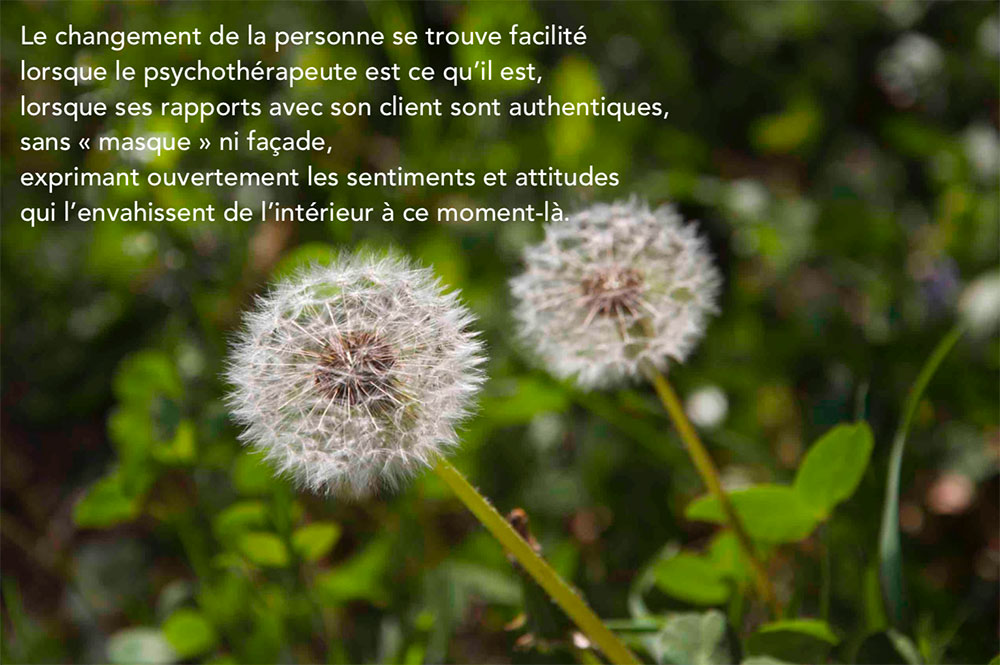


Citations De Carl R Rogers


Carl Rogers With Students Calisphere
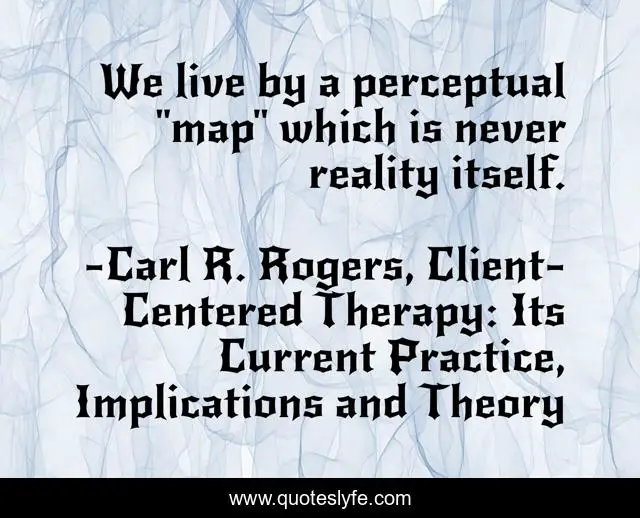


We Live By A Perceptual Map Which Is Never Reality Itself Quote By Carl R Rogers Client Centered Therapy Its Current Practice Implications And Theory Quoteslyfe



Mister Rogers Neighborhood Wikipedia



Carl Rogers Biography Quotes Publications And Books Toolshero



Number 27 Citation Classics July 3 1978 University Of 27 Citation Classics July 3 1978 Rogers C R The Necessary And Sufficient Conditions Of Therapeutic Personality Tion Pdf Document



Citations Reflexion Inspiration 22 19
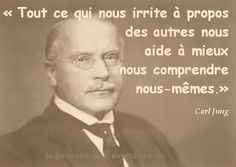


590 Quotes Carl Jung Ideas Carl Jung Quotes Carl Jung Quotes



The Conservation Pronk Palisades



Carl Rogers Wikipedia
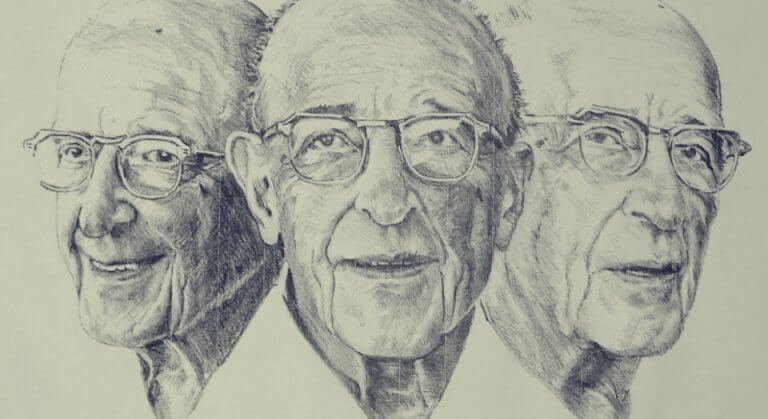


7 Of The Best Quotes From Psychologist Carl Rogers Empathy Tolerance And More Exploring Your Mind



Carl Rogers And The Person Centered Therapy Approach Video
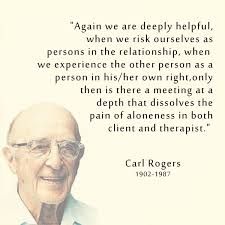


30 Carl Rogers Quotes Ideas Carl Rogers Carl Rogers Quotes Psychology Quotes



Carl Rogers The Only Person Who Is Educated Is The One



Citation Comportement Parentalite Positive Je Pense A Toi
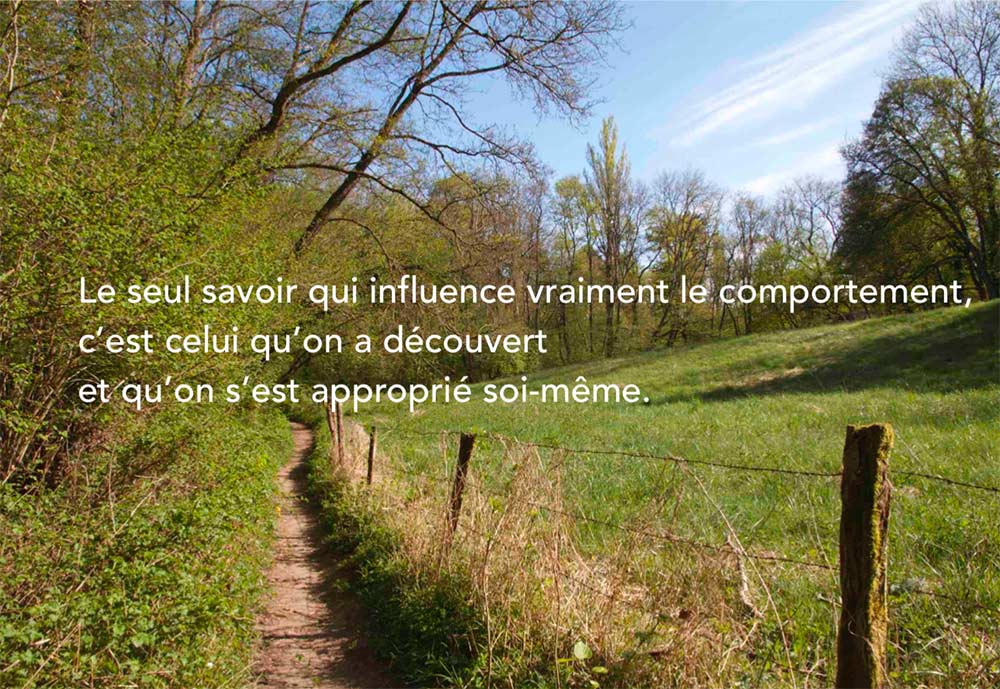


Citations De Carl R Rogers
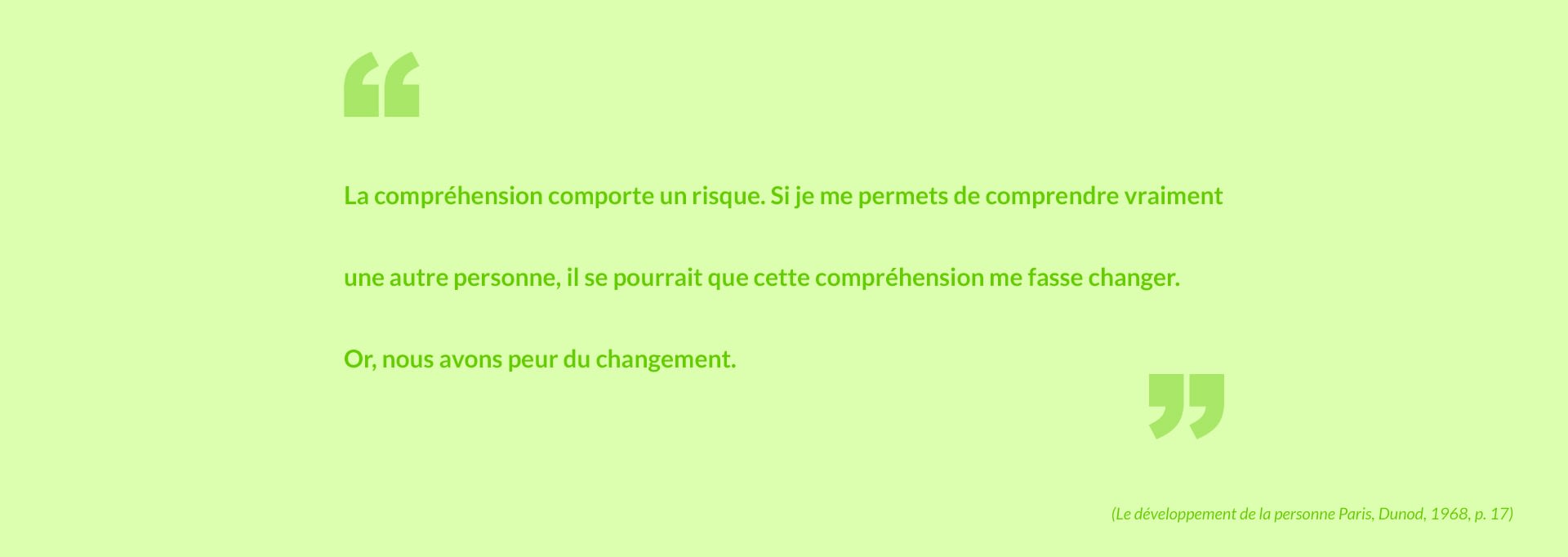


Citations Psychologue Angers



Approche Psychologie De Gilles Delassasseigne A Merignac A La Limite De Cauderan



Approche Psychologie De Gilles Delassasseigne A Merignac A La Limite De Cauderan


Culture Of Empathy Builder Carl Rogers Quotes



3 Qualites Fondamentales Pour Faciliter L Apprentissage



Citations Psychologue Angers



Citation Carl Rogers 2
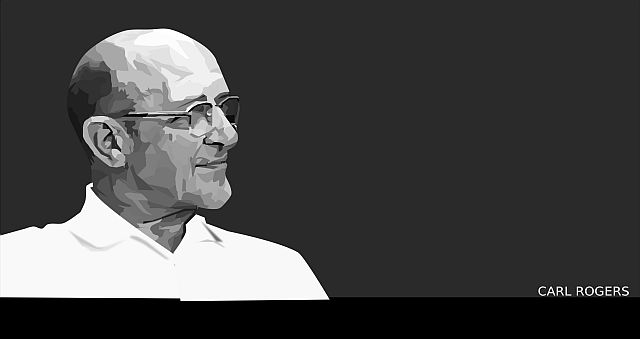


Carl Rogers Core Conditions And Education Infed Org



Life And Work Of Carl Rogers Kirschenbaum Howard Amazon Com Books



No comments:
Post a Comment